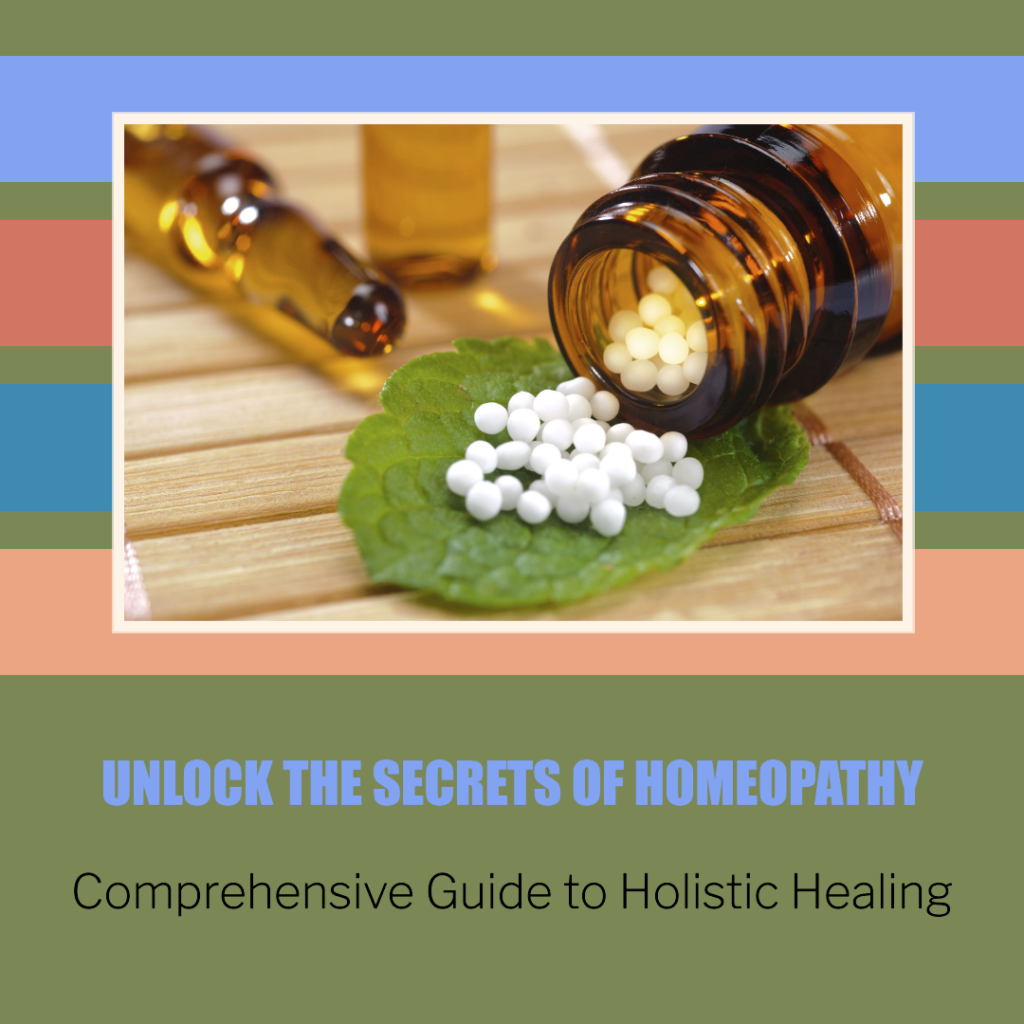Discover What is the homeopathy meaning with our comprehensive guide! Learn about the meaning and principles behind this holistic healing system. Unlock the secrets of homeopathy today.
Table of Contents

Introduction: What is the Homeopathy Meaning
In the realm of What is the Homeopathy Meaning, homeopathy stands as a beacon of holistic healing. Originating in the late 18th century, this therapeutic system has garnered attention for its unique principles and purported benefits. In this comprehensive guide, we delve into the meaning, principles, and potential merits of homeopathy, shedding light on its role in modern healthcare.
What is the homeopathy meaning?
Homoeopathy popularly spelt as Homeopathy contains two words, homoeo and pathy. Both words are derived from Greek. The Greek word homoios means "like" or "similar" and The Greek word pathos means "suffering," "experience," or "emotion". So this is What is the Homeopathy Meaning.
At its core, What is the Homeopathy Meaning, homeopathy is a system of alternative medicine based on the principle of "like cures like" or "similia similibus curentur" Developed by German physician Samuel Hahnemann in the late 1700s, homeopathy posits that a substance that causes symptoms in a healthy person can treat similar symptoms in a sick person when administered in highly diluted doses.
The foundational principle of homeopathy revolves around the concept of the "law of similars." According to this principle, substances that produce symptoms similar to those of a particular disease in healthy individuals can stimulate the body's innate healing response when administered in minute doses to those suffering from the same symptoms. So this is What is the Homeopathy Meaning.
Key Principles of Homeopathy:
- Individualized Treatment: Homeopathy emphasizes the individualization of treatment, considering not only the physical symptoms but also the emotional and mental state of the patient. Practitioners conduct detailed consultations to understand the patient's unique constitution and prescribe remedies tailored to their specific needs.
- Potentization: Homeopathic remedies are prepared through a process of serial dilution and succussion, resulting in highly dynamized (potentised) solutions. The therapeutic properties of substances are enhanced through this process, minimizing the risk of adverse effects while maximizing their healing potential. The process of potentization involves successive dilutions and vigorous shaking of the original substance, known as the mother tincture. This process releases the vital energy or "vital force" of the substance, making it more potent and effective in stimulating the body's self-healing mechanisms.
- Holistic Approach: Homeopathy adopts a holistic approach to health and wellness, viewing the body as a dynamic organism capable of self-regulation and self-healing. Rather than merely treating isolated symptoms, homeopathic remedies aim to restore balance and harmony to the individual as a whole.
Benefits of Homeopathy:
- Safe and Non-Toxic: One of the primary advantages of homeopathy is its safety profile. Since homeopathic remedies are highly diluted and prepared from natural substances, they are generally considered safe for people of all ages, including infants, pregnant women, and the elderly. Unlike conventional medications, homeopathic remedies are free from toxic side effects and do not pose a risk of addiction or dependency.
- Individualized Treatment: Homeopathy offers personalized treatment tailored to each individual's unique constitution and symptom profile. By addressing the underlying causes of illness and supporting the body's innate healing processes, homeopathic remedies aim to promote long-term health and well-being.
- Curative Treatment: Homeopathy aims to "restore the sick to health", to cure as it is termed. It means the deranged vital principal the internal essence of a living organism to be restored to a normal and natural state, where it was self-dependent for health. If a cure is possible, palliative management can't be justified instead of curative management. Read more here.
- Mental and Emotional Support: In addition to physical ailments, homeopathy recognizes the interconnectedness of the mind, body, and emotions. Homeopathic remedies are often prescribed to address psychological symptoms such as anxiety, depression, and stress, promoting mental and emotional balance alongside physical healing.
- Cost-Effective: Homeopathy is often more affordable than conventional medical treatments, making it accessible to a wide range of individuals. Since homeopathic remedies are highly diluted and require minimal raw materials, they are typically more cost-effective to produce than pharmaceutical drugs. However, being cost-effective doesn't mean being less effective.
If you are a Qualified Homeopath, please add your listing here. It's completely free and will be.
In Conclusion:
When a cure is possible, homoeopathy is the best choice as it can restore the sick to health.
As with any form of healthcare, it is essential to consult with qualified practitioners and make informed decisions about treatment options based on individual needs and circumstances.
Homeopathy remains a fascinating field of study with the potential to offer valuable insights into the nature of health and healing.


